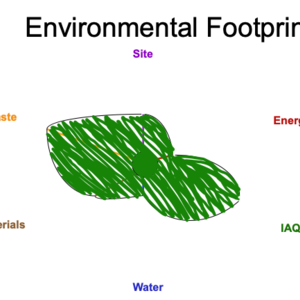
Make it Clear that There Are No Dumb Questions.
Don’t assume that your staff and trades will immediately understand everything you are asking for when making the changes that green building will require.
Most people are agreeable and want to please their superiors, so you will often hear “yes” when you ask if they understand, but this does not always mean that they do, in fact, understand you. Make it clear that it is not only OK to ask for more details and explanations, but it is important that they ask questions until they know exactly what you want, and they should continue to ask questions through the job as needed.
People worry that they might sound stupid if they ask questions, often because they have been treated that way in the past by other employers. Be a positive influence on them—encourage them to question you. Listen carefully to what they are saying, compliment them for taking the time to bring important issues to your attention, and get them what they need promptly. Make it clear that it is important to you that they take the time to get all the information to do the job correctly the first time, instead of doing it wrong because they were afraid to ask a question.
Established an important two-part rule: 1) If I give you an assignment and you tell me you can do it, it is your responsibility. 2) If you tell me you have all you can handle and I give you something else, it is no longer your responsibility if you fail.
It is important for every team member to say when they have enough on their plate. My favorite employees were the ones who knew their limits and told me when they could not take on anything else. The best ones would ask, “If I add this project to my list which one do you want to fail?”
Watch out for team members who don’t know their limits, particularly when they are dealing with new techniques and materials involved in green building. I have looked employees in the eye and asked them specifically— “Can you handle your current workload?” to which they answer “yes,” only to fail miserably a few weeks later, complaining that I gave them too much work, or they didn’t understand what I wanted, and how could I expect them to do everything?
We are all adults, and we need to act like it. If someone tells me that they can’t take on any more work and I give them an additional assignment, I have absolved them of the responsibility of failure, it is now on me. If they don’t tell me that they are too busy and willingly take on more, then it is their responsibility if they fail. Coach these people to learn when to say no, or send them on their way.
You also need to take your share of the responsibility—be aware when you are overloading your team—they could be telling you that they have had enough but you may not be listening. Make sure you have not created an atmosphere where people are afraid to speak out.
Being a good manager requires bi-directional communication skills in order to make your team and your projects successful.
Weekly Newsletter
Get building science and energy efficiency advice, plus special offers, in your inbox.















0 Comments
Log in or create an account to post a comment.
Sign up Log in